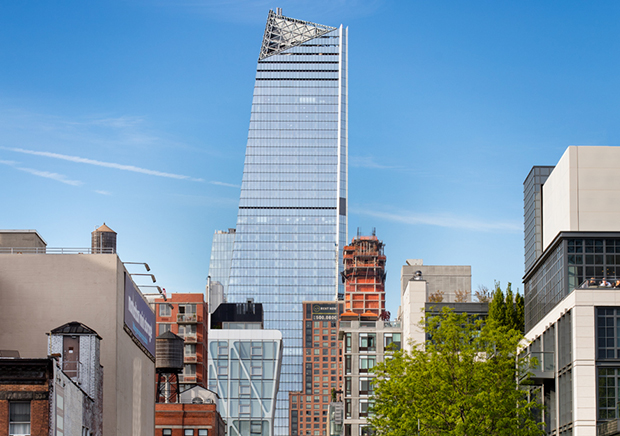
Steve Freihon/Related-Oxford
New York, New York
Featured
Toronto Zoo Reaches Structural MilestoneToronto Zoo Reaches Structural Milestone
Circular Design in London: A Practical Strategy for Reducing Embodied Carbon
Scarangello Named to NAE
Shirley Chisolm Recreation Center Opens
How Distributed Energy Resources Are Reshaping Utility Planning
Anagram Gowanus Tops Out
600 Fifth Featured in Modern Steel Construction
Fatigue Prediction for Welded Structures